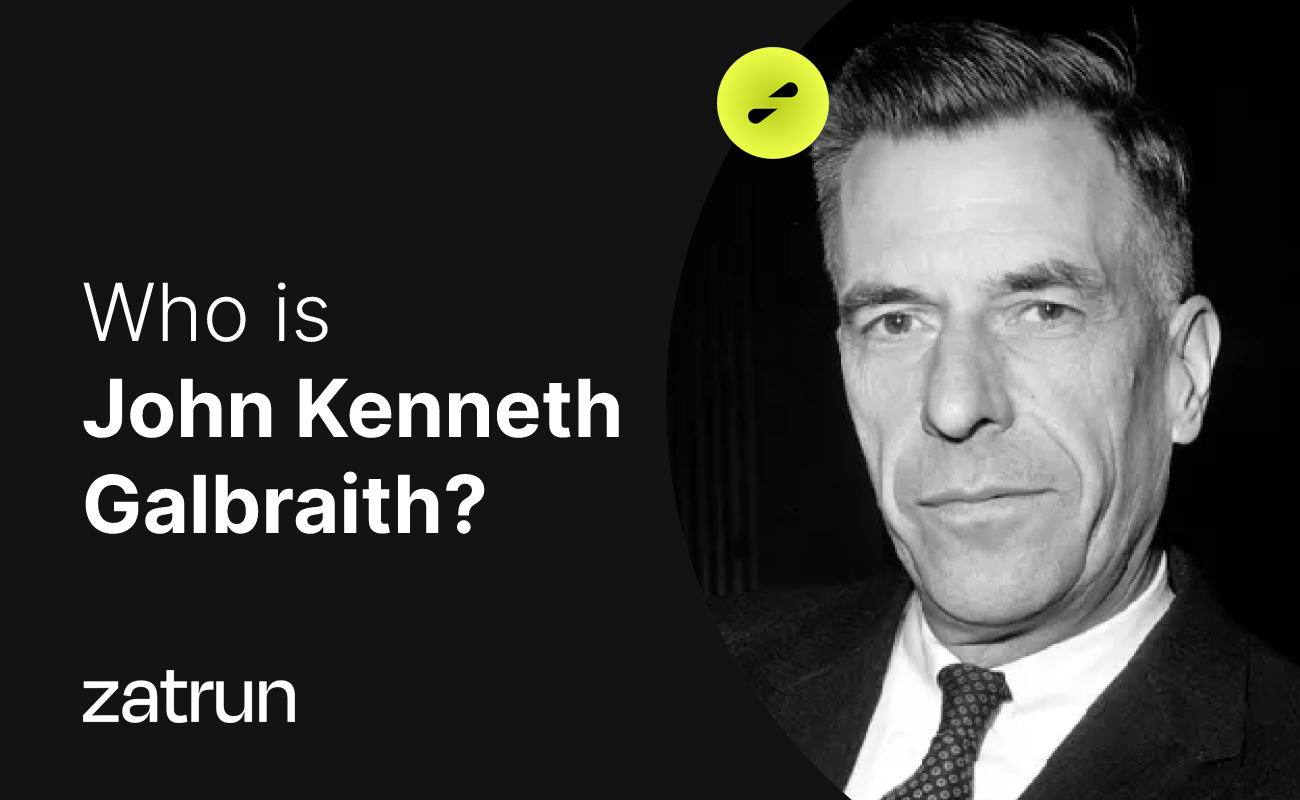Celso Furtado 101: Who is the Famous Brazilian Economist? in our article of Zatrun.com, we will cover in detail everything you need to know about Celso Furtado, the famous Brazilian Economist that our readers are curious about.
Who is Celso Furtado?
Celso Monteiro Furtado (July 26, 1920 – November 20, 2004) was one of the leading Brazilian intellectuals of the 20th century. He was also one of the key formulators of the economic structuralism school, along with Raúl Prebisch. His works focused on the perpetuation of poverty in peripheral countries around the world and the differentiation between developed and developing nations.

Economic structuralism, an economic school that aimed to promote economic development through state intervention, inspired by Keynesian views, gained prominence in Latin America and other developing regions from the 1960s to the 1970s. Politically, Furtado was appointed as the Planning Minister in the Goulart government and as the Culture Minister in the Sarney government.
Birth and Early Years:
Celso Furtado was born on July 26, 1920, in the semi-arid region of Pombal city in the Paraíba state of Brazil. In 1939, he went to Rio de Janeiro to study law and graduated from the Rio de Janeiro Federal University in 1944. In the same year, he was enlisted in the Brazilian Expeditionary Force to fight alongside the Allied powers during World War II in Italy. After the war, influenced by the devastation of the countries in Europe, he wanted to study economics and enrolled in a doctoral program at the Sorbonne in Paris in 1946, where he presented a thesis on the economy of colonial Brazil.
In 1949, he moved to Santiago, Chile and joined the team at the Latin American and Caribbean Economic Commission (CEPAL), led by then-president Raúl Prebisch. While working at CEPAL, Furtado and Prebisch played a significant role in the formation of socioeconomic policies in Latin America and emphasized the importance of replacing importation with industrialization.
Career Life:
Returning to Brazil in 1959, Furtado published his most famous book, “Economic Growth of Brazil: A Survey from Colonial to Modern Times,” and was appointed as the director of the Brazilian Development Bank’s (BNDE) northeastern region. During this period, he developed a plan for a state agency called Sudene to encourage economic growth in the northeastern region and was appointed as the agency’s first director by President Juscelino Kubitschek. During President João Goulart’s term (1961-1964), Furtado became the Planning Minister and was responsible for the Three-Year Development Plan of Brazil.

During the military coup in Brazil in 1964, Furtado was forced into exile and worked as a professor at Yale University in the United States, Cambridge University in the United Kingdom, and Sorbonne University in France. When the Amnesty Law came into effect in 1979, Furtado returned to Brazil and was appointed as the Brussels Ambassador of the European Economic Community (EEC) from 1985 to 1986, and as the Minister of Culture under the government of José Sarney from 1985 to 1990.
Achievements:
In 2004, Celso Furtado was nominated for the Nobel Prize in Economics, also known as the Swedish National Bank Prize for Economic Sciences. His writings and works continue to focus on development and underdevelopment, with an emphasis on promoting economic development through structuralism and state intervention, addressing poverty in peripheral countries in Latin America and around the world.
His works gained importance in Latin America and other developing regions in the 1960s and 1970s, and became synonymous with the economic structuralism school of thought. Celso Furtado was also one of the founders of the United Nations Conference on Trade and Development (UNCTAD). Established in 1964, UNCTAD is an international organization that focuses on issues of development and asymmetry in international trade.












